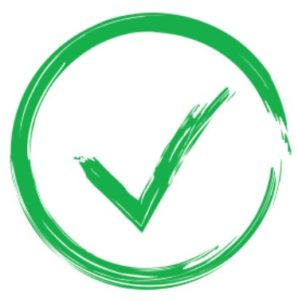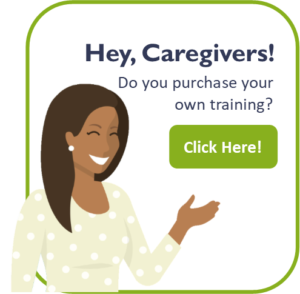During the recruitment process, you get a lot of information about your potential new hires. You learn about
their background, their experience, and even how they might handle certain tasks and responsibilities.
However, once they’re hired, there are a lot of things your caregivers want YOU, the
administrator, to know. They just might not know how to broach the subject.
In her new series, “What Your Caregivers Want You to Know,”
Caregiver Training Advisor, Cassie Grimm, explores the
issues caregivers want YOU to understand.

What Your Caregivers Want You to Know, Part 1
Not Every Client is a “Perfect Match”
Client Compatibility is Key
Two caregivers with the exact same training and level of experience may not necessarily “click” with the exact same people. While a lot of agencies work hard to match the right caregiver to each client, compatibility is still a major issue within the industry. In fact, according to a recent survey by Home Care Pulse, incompatibility is one of the top ten caregiver complaints.
Not only is this frustrating for your caregivers, but it can lead to dissatisfied clients and really take a toll on your business.
Factors to Consider for Client/Caregiver Compatibility
There are a number of factors that contribute to client compatibility including language/culture, gender, physical/medical needs, and personality. Consider the following examples:
 1. Aaron is assigned to care for Victor, a Spanish-speaking home-care client. Aaron speaks very little Spanish and is unable to properly communicate with Victor.
1. Aaron is assigned to care for Victor, a Spanish-speaking home-care client. Aaron speaks very little Spanish and is unable to properly communicate with Victor.
 2. Jennie is extremely talkative and outgoing. She is assigned to care for Barbara, who is shy and more reserved. Barbara prefers to read and rest quietly and is uncomfortable with Jennie’s boisterous personality.
2. Jennie is extremely talkative and outgoing. She is assigned to care for Barbara, who is shy and more reserved. Barbara prefers to read and rest quietly and is uncomfortable with Jennie’s boisterous personality.
 3. Jasmine, who is tall and athletic, is assigned to care for Richard, who is larger in stature and requires a wheelchair. Jasmine is a better match for Richard than a smaller built caregiver who may be unable to assist Richard with mobility.
3. Jasmine, who is tall and athletic, is assigned to care for Richard, who is larger in stature and requires a wheelchair. Jasmine is a better match for Richard than a smaller built caregiver who may be unable to assist Richard with mobility.
A Lack of Training Causes Anxiety
Proper training is also essential. Caregivers who aren’t trained properly are often less confident and less able to provide quality care. In Home Care Pulse’s survey, one caregiver stated, “I have clients with specific needs and they don’t train me on how to help them. One time they just told me to look up videos on YouTube.”
Not only is this frustrating for the caregiver, but it can also cause major problems on the job. Do your caregivers know how to work an oxygen tank or other medical devices? Can they perform CPR? Do they understand when they need to call a doctor or 9-1-1? Sending a qualified and well-trained caregiver will reassure your clients that they’re in good hands, while also managing your risks as an agency.
Train, Engage, Retain
One way to ensure that your caregivers are prepared to meet the needs of your clients is to
provide ongoing training. Using a flexible, mobile-friendly training method, such as In the Know’s
online learning, will help you train, engage, and retain your caregivers.
Looking for a new training solution for 2019? Contact Cassie today for more information!






